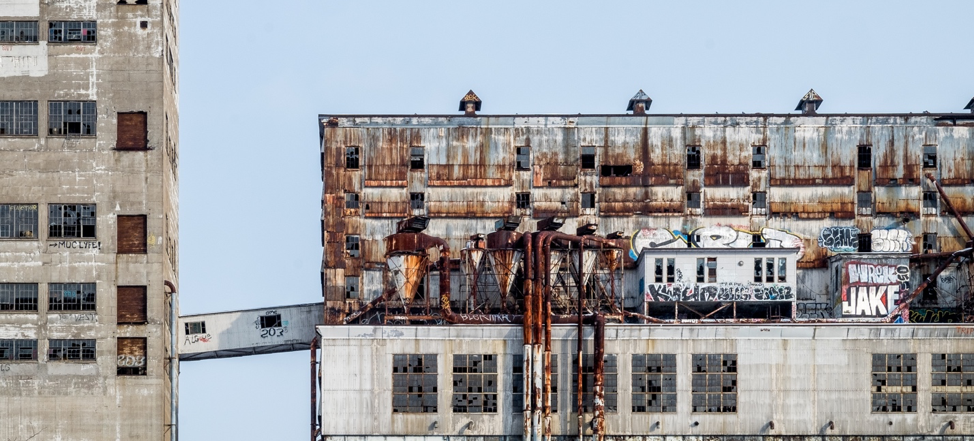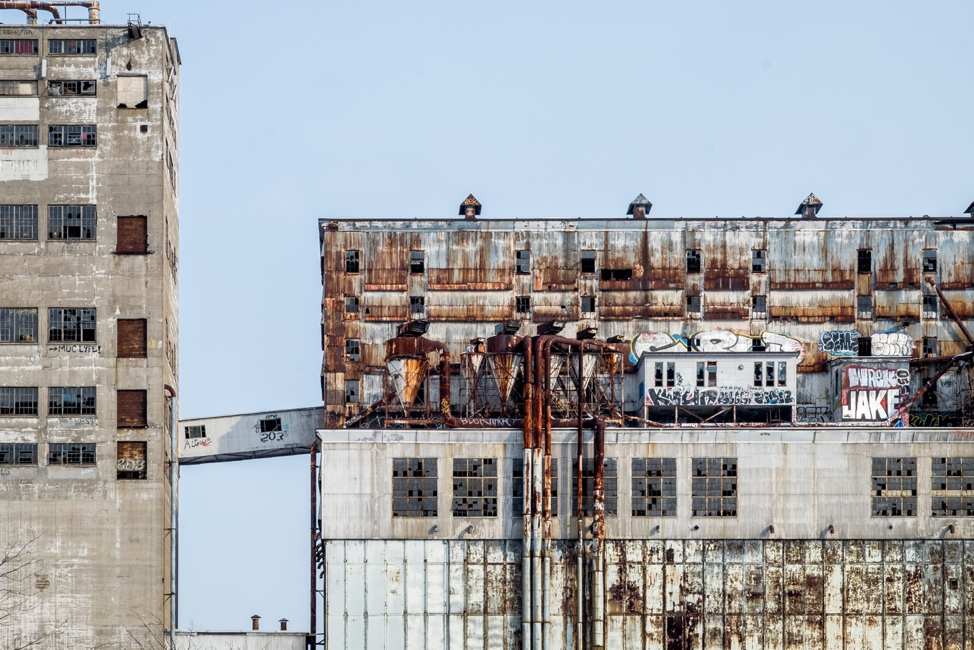Critical Infrastructural Studies Conference
Mar 19–Mar 20, 2020
POSTPONED UNTIL FURTHER NOTICE
Unnoticed, unremarkable material configurations pervade and enable the quotidian operation of empire. Often disguised as naturalized processes of ecology or as indispensable logistical technologies, the spatial interventions defined by the broad rubric of ‘infrastructure’ serve a dual purpose to smooth and make seamless the violent processes of war-making and occupation, and simultaneously justify these operations as inevitable and unstoppable (Anand, Gupta, and Appel 2018). While scholarship associated with the ‘infrastructural turn’ has incisively dissected the material implications of infrastructural imagination as ‘substrate’ of the state (Carse 2016), few scholars have turned their attention to the interplay between technical, physical reconfiguration of the (built) environment and the social infrastructures which undergirds and rationalizes Western colonial modernity (Nemser, 2017).
This conference emerges as part of the UCHRI Multicampus Graduate Student Working Group “Critical Infrastructural Studies: (Im)mobile Landscapes of Militarism, Race, and Settler Colonialism.” Our gathering interrogates the notion of ‘infrastructure’ and its utility for comprehending the affective and material impact of spaces engineered fundamentally through racial, colonial, imperial and gendered concepts. We seek to delineate the interplay between and mutual reinforcement of the seeming opacity of the environment—both ‘natural’ and ‘cultural’—and the omnipresent, yet occluded foundation of racialized and imperial transnational violence upon which these landscapes rest. We understand the boundaries of the settler state itself as an ongoing location of contestations over sovereignty (Karuka 2019), and seek to examine the role of infrastructural formation in the establishment of the commonsense and everyday. Furthermore, infrastructure is a profoundly spatio and temporal notion, and entails flows, transit, rhythms, and transcendence. As such, while we emphasize spatial and site-based concerns, we also attempt to comprehend the legacies, problematic upkeep, and ‘promises’ of futurity bundled within notions of infrastructure (Anand, Gupta, and Appel 2018).
This meeting will thus seek to tackle varied questions, including: How can we comprehend the material instantiation of discursive, social constructions of difference—including racial projects, gendered relations, and delegitimization of Indigenous sovereignty and lifeways? How can highly militarized and capitalized infrastructural sites serve as sites of resistance, and how can we register acts antithetical to imperial logics in those places? What is the role of notions of the ‘natural’ or ‘ecological’ in obfuscating the profound shocks of engineered interventions by the state or racial capital? How do classifications associated with infrastructural operations get assigned to landscapes—as ‘polluted,’ ‘desolate,’ or ‘lifeless’—and what stories and experiences exist to refute or complicate these claims? What linkages between disparate sites or objects emerge from infrastructural thinking? What are the limitations of privileging global interconnectivity, and how can we avoid a recapitulation of colonial desires? How can we historically contextualize spaces that are cast as transitory, liminal, or ephemeral—such as the rail line, the labor camp, a container ship or an inundated landscape? How do we grapple with the afterlives of archetypal infrastructural formations of race and empire that remain salient, such as the plantation or the port city?
For more information, including registration and a full schedule of presentations, see the conference website.


